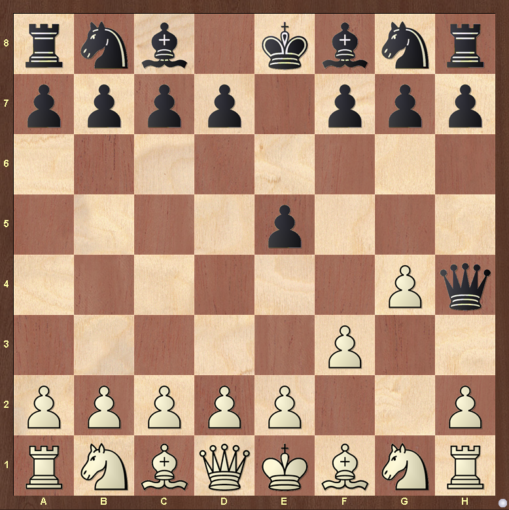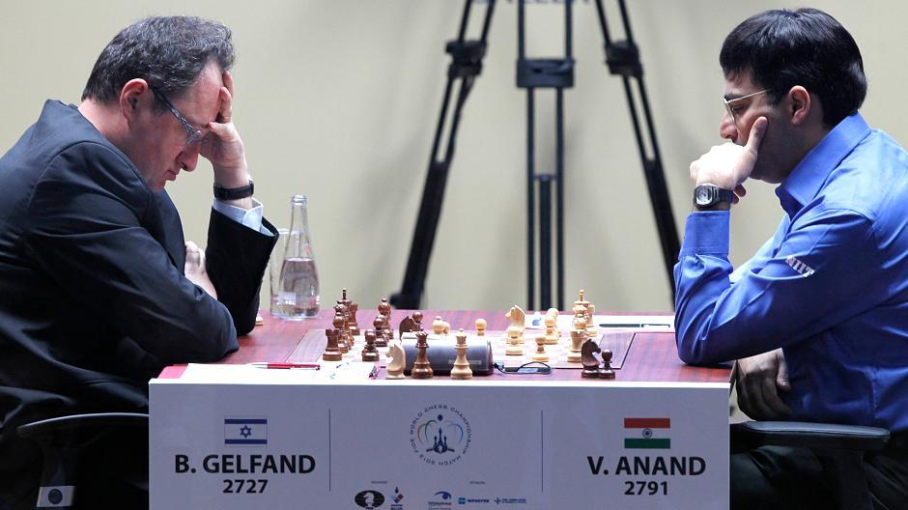
Records in chess. The game length
Every kind of sport, obviously, has its own unique and unmatched achievements. Chess is no exception. For example, there are fixed results of tournaments, various ratings, victories, losses, and so on. In this review, we will talk about the game length records in chess.
The most lengthy tournament game
In 1989, Ivan Nikolić played with Goran Arsović in Belgrade. And they set this record. It included 269 moves and took more than 20 hours of real-time. FIDE played a big role in it by changing the fifty-move rule. A classic ending “rook + knight against rook” allowed to make 50 more moves, not 100. It wasn’t necessary to attack a piece. And there it was the case.
The most lengthy decisive tournament game
The achievement belongs to the THT Extraliga’s 9th round in Turnov. In 2016, the grandmasters Azarov and Danin presented a game that contained 239 moves. Eventually, Danin took the honors.
The most lengthy decisive game in a world championship
The main event in a chess community is a world championship. It would be unreasonable to bypass this record. Besides, it was updated not a long time ago. And you probably were witnessing that. It was the 6th game of the match where Ian Nepomniachtchi competed with Magnus Carlsen. It took place in December 2021 in Dubai. This decisive game turned into the longest one that ever happened in the world championships. Carlsen took the crown and confirmed his status as the champion.

The quickest tournament in terms of moves
Is it possible to play 13 games for 130 moves in total? Making approximately 10 moves in each game? It turns out it is possible. In 2003, Péter Székely accomplished 13 games of a Capablanca Memorial tournament exactly this way. What’s more astonishing, he didn’t experience a single loss.
The quickest decisive tournament games
It’s worth mentioning that in theory, the shortest possible game includes just 2 moves. Chess players know it as the fool’s mate. Here’s the sequence.
The first move:
1.g4 e5
The second move:
2.f3 Qh4#

The quickest decisive tournament games are just a bit longer than this checkmate. The competition between Kovačević-Đorđević (Bela Crkva, 1984) and Gamundi-Vassallo, (Salamanca, 1998) only lasted 3 moves. And in both cases, White resigned due to material losses.
The quickest draws
Theoretically, a game can be admitted as drawish by mutual consent at any moment. There are, at least, two unique cases when contestants agreed to a draw. And they didn’t even touch the pieces. The first case happened when Janošević met Geller in 1968. It was a competition between Skopje and Ohrid. The second example occurred in Luton in 1975. It was the draw agreed by Stewart Reuben and his opponent Tony Miles. Thanks to that, they took 2nd and 1st place respectively.
Records in chess: the quickest stalemate
The American chess player Sam Loyd managed to accomplish the quickest stalemate. But the quickest tournament stalemate occurred in an Italian game. It happened between Sibilio and Mariotti at their 27th move.
The quickest World Championship game
The 21st game of the WC in Moscow in 1963 became the shortest one. Tigran Petrosian along with Mikhail Botvinnik agreed to end their 10th move in a draw.

The 8th game of the Moscow match (2012) became the shortest among the decisive ones. Boris Gelfand competed with Viswanathan Anand. As the 17th move came, Gelfand got into a losing position and resigned.

Technical losses are a particular question. For example, a contestant’s absence or a phone call, etc. Can these cases be considered as records in chess regarding the game length? It’s quite an interesting topic. But it won’t be mentioned in this review. Here, we only emphasize the games without technical issues.


I think the shortest game was the second in match between Spassky and Fisher. There are was no one moves! Bobby was a crazy!)
Nick, dont forbide the first game!)
And one shirt game was in kramnik&topalov elista 2006. Volodia cant still come out from toilet and got zero!